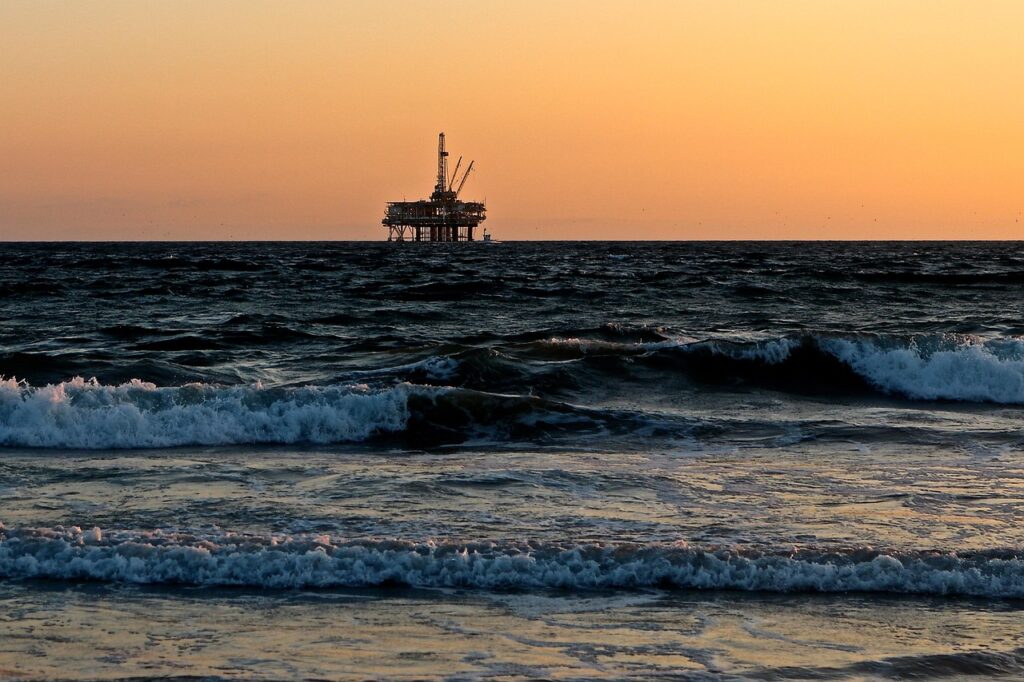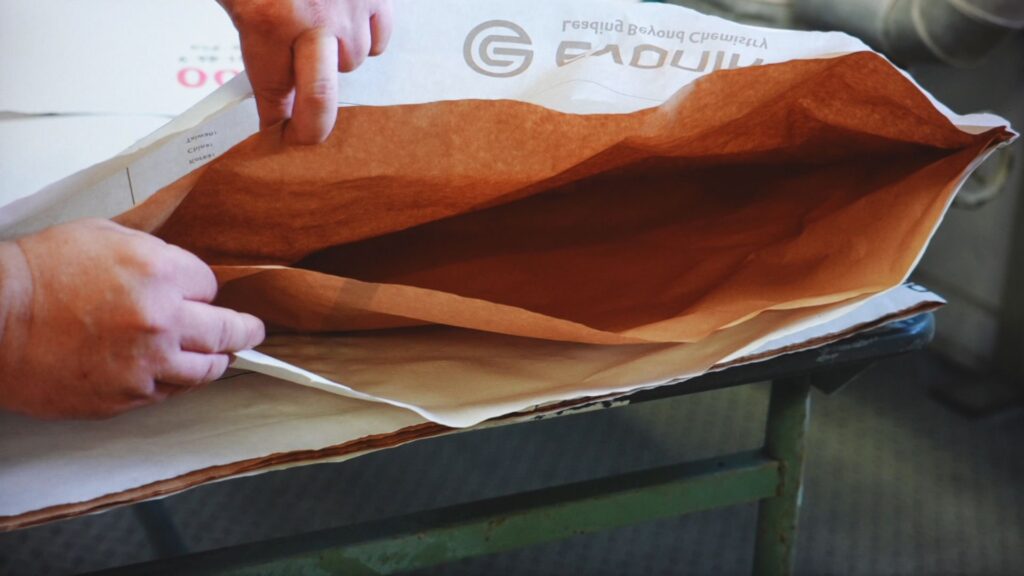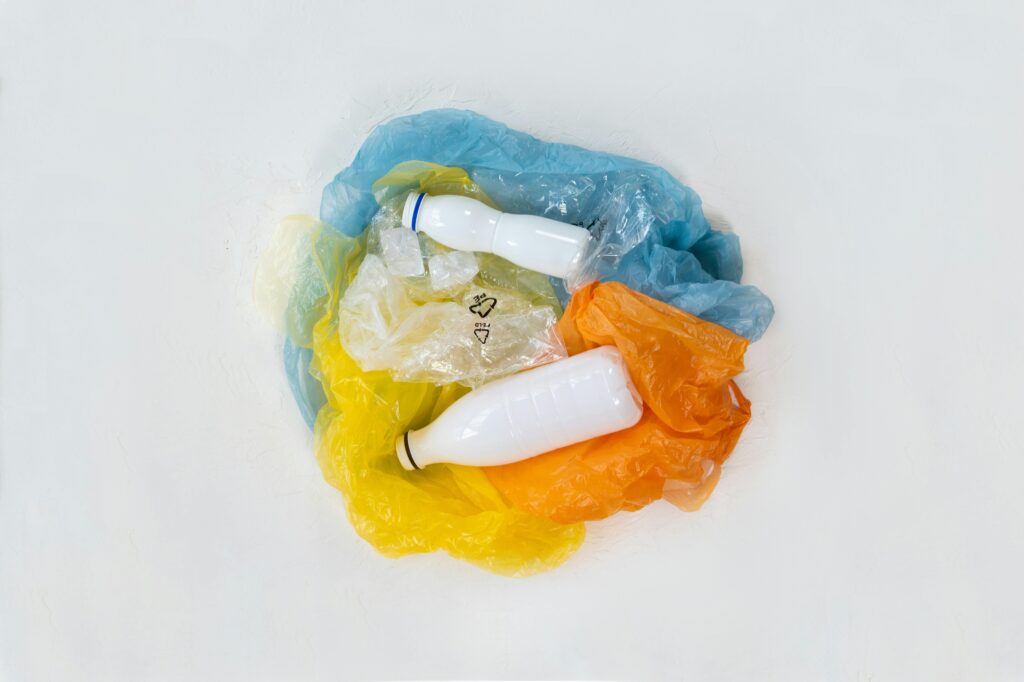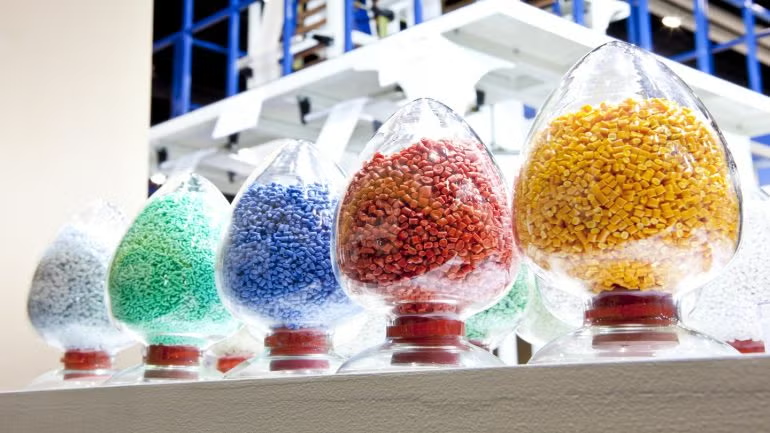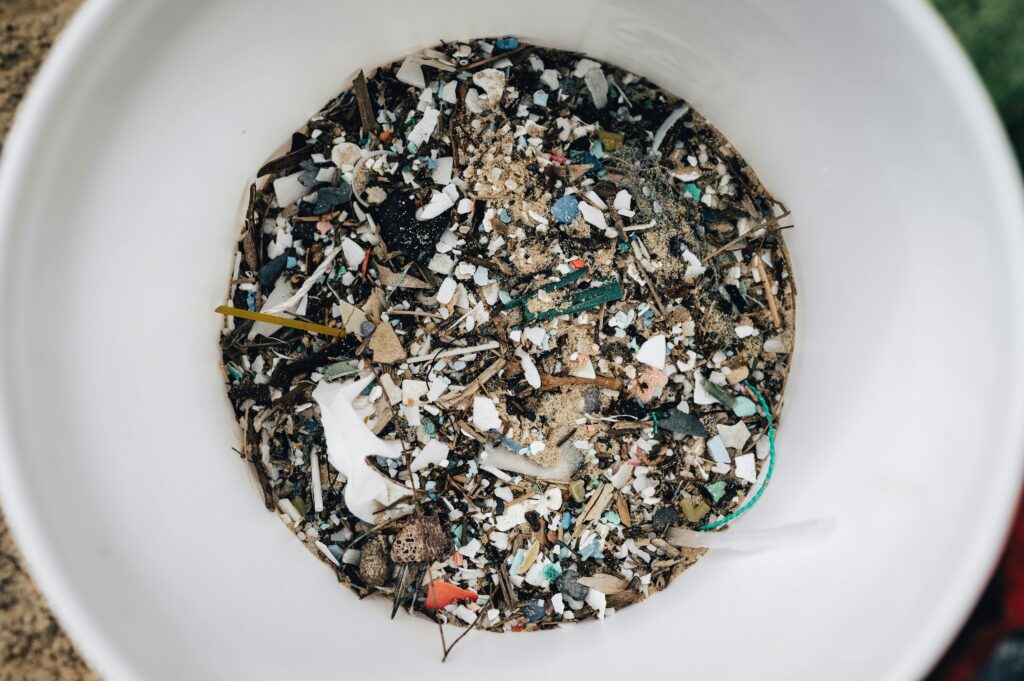University of Queensland Develops Record-Breaking Eco-Friendly Solar Cell
Summary: UQ achieves a world record 16.65% efficiency with Tin Halide perovskite solar cells, advancing sustainable and eco-friendly solar technology. The University of Queensland (UQ) has achieved a certified world record efficiency of 16.65% using Tin Halide perovskite (THP) solar cells, marking a significant breakthrough in sustainable energy technology. Record Setting Efficiency with Tin-Based Technology […]
University of Queensland Develops Record-Breaking Eco-Friendly Solar Cell Read More »


